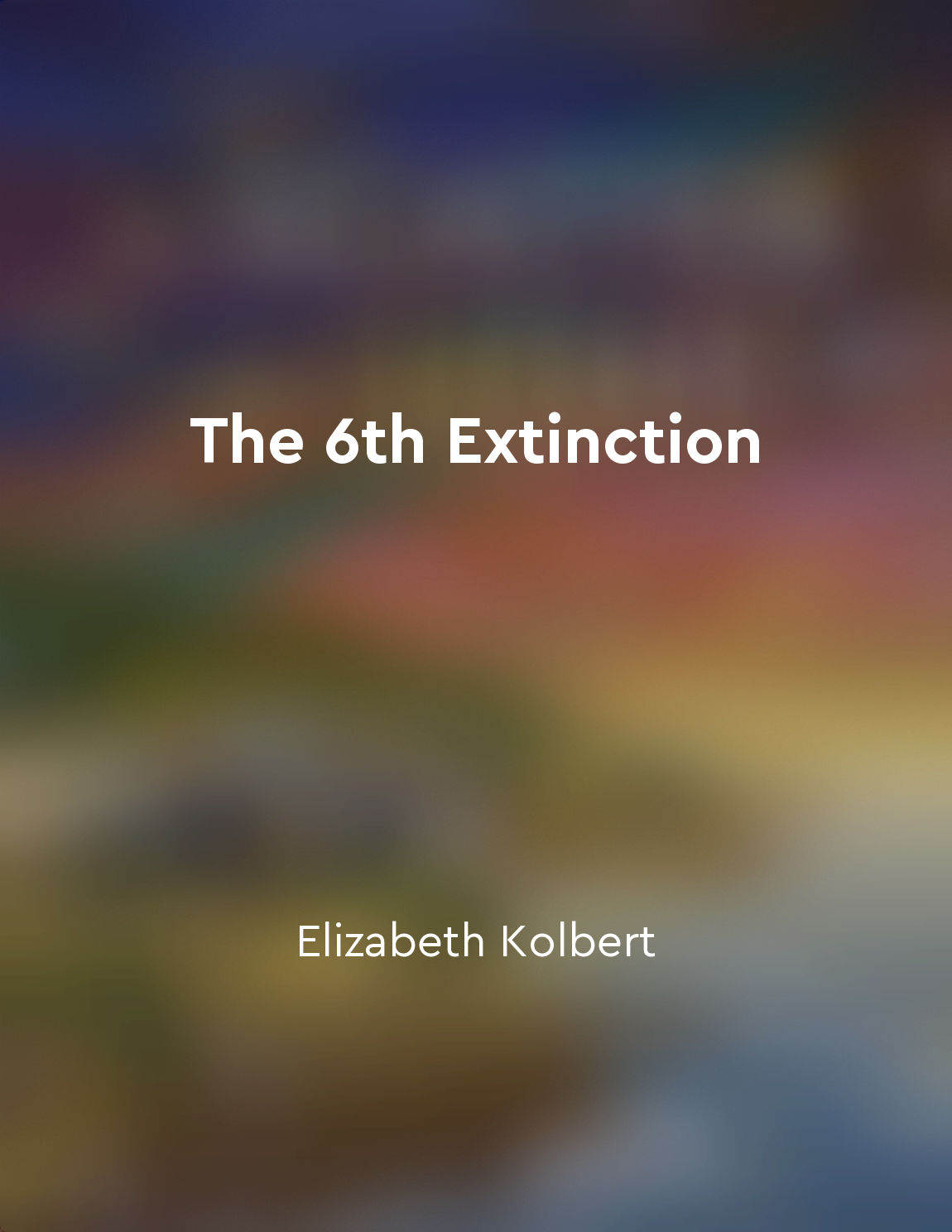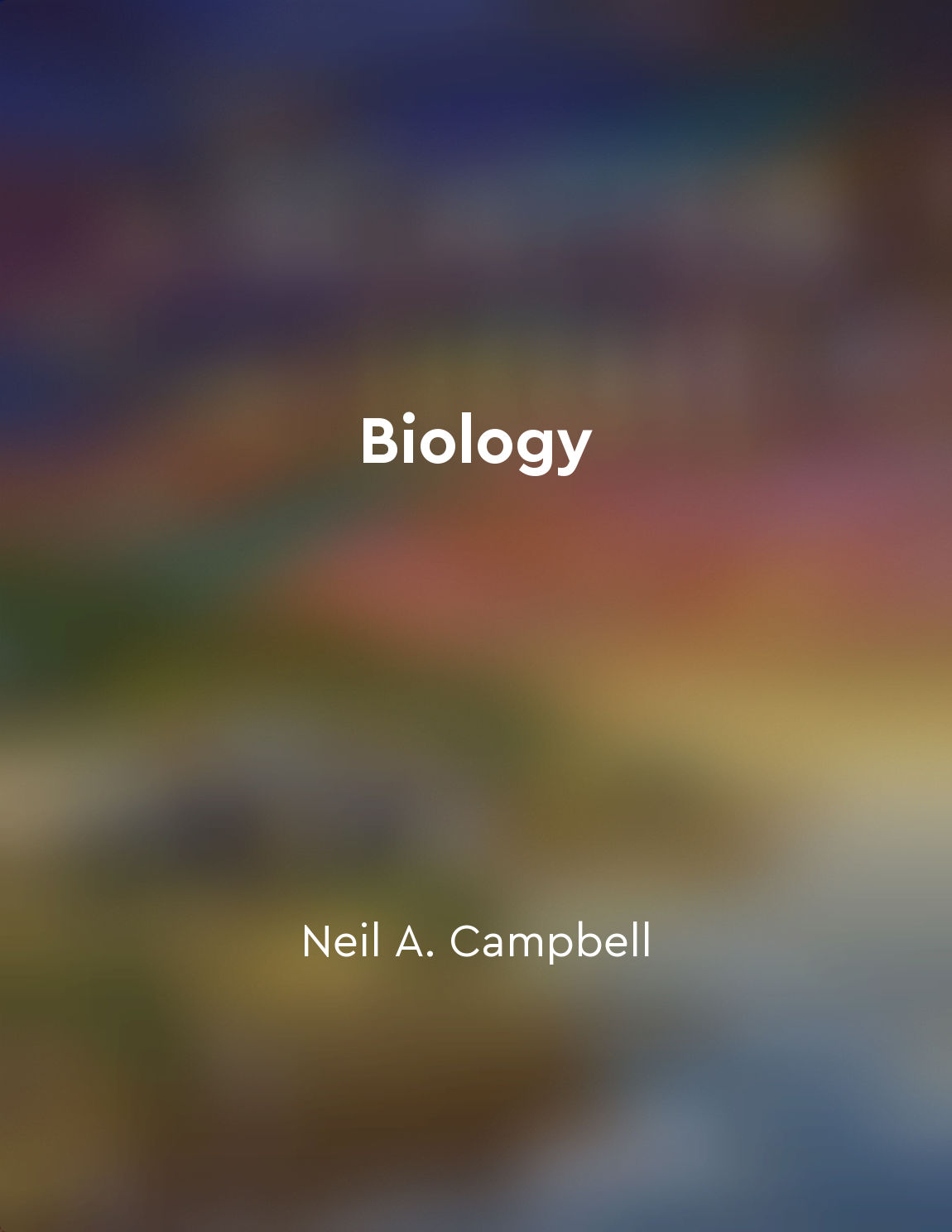Population ecology from "summary" of Biology by Neil A. Campbell
Population ecology is the study of populations in relation to their environment, including environmental influences on population density and distribution, age structure, and variations in population size. Understanding how populations grow and interact with their environment is essential for making informed decisions about resource management and conservation. Populations are groups of individuals of the same species living in the same area at the same time. Population size is determined by factors such as birth rates, death rates, immigration, and emigration. These factors influence population growth and can lead to changes in population size over time. Population density refers to the number of individuals per unit area or volume. Different species have different population densities based on their habitat requirements and reproductive strategies. Population distribution refers to the spatial arrangement of individuals within a population. Clumped, uniform, and random...Similar Posts
Gene therapy holds promise for treating genetic disorders
The notion that gene therapy could hold the key to treating genetic disorders is a tantalizing prospect. By manipulating the ve...

Conservation efforts are crucial in preventing further extinctions
The idea that conservation efforts are essential in halting further extinctions is a central theme in 'The 6th Extinction'. The...
Integration of traditional knowledge with scientific approaches in studying arid ecosystems
Traditional knowledge, passed down through generations, holds valuable insights into the intricate workings of arid ecosystems....
The future of Earth is in our hands
Humans have emerged as a planetary force, capable of shaping the environment on a global scale. This newfound power brings with...
The importance of conservation efforts cannot be overstated
Conservation efforts are vital to ensuring the health and sustainability of our planet. The significance of these efforts canno...
The survival of one species affects the survival of others
The interconnected web of life is a fundamental truth of our planet. Every species, no matter how big or small, plays a vital r...
The decline of keystone species can have cascading effects
The decline of keystone species can set off a chain reaction in an ecosystem. Keystone species play a crucial role in maintaini...
Specialization increases productivity and efficiency
Specialization is a fundamental concept that drives human progress and innovation. By focusing on a specific task or skill, ind...
The extinction of keystone species can have profound impacts
The disappearance of key species can set off a chain reaction within an ecosystem. This is because some species play a unique a...
Grand Unified Theory could explain universe's laws
The idea of a Grand Unified Theory has intrigued scientists for decades, offering the potential to explain the fundamental laws...

